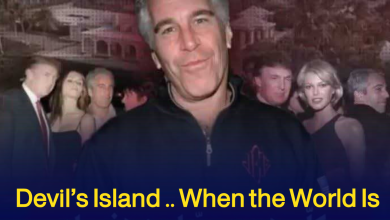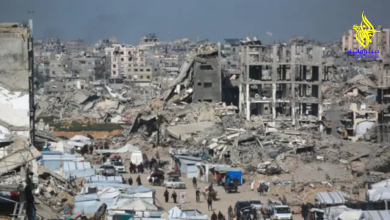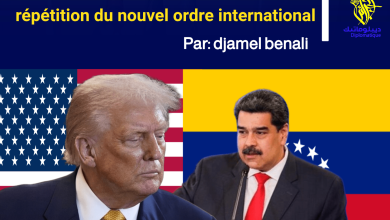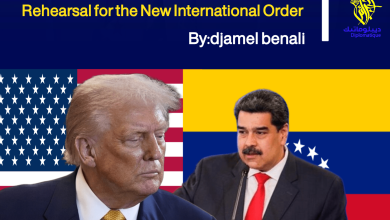Western Sahara Between Deals of Interest and Africa’s Conscience: When the Continent Speaks and Justice Remains Silent
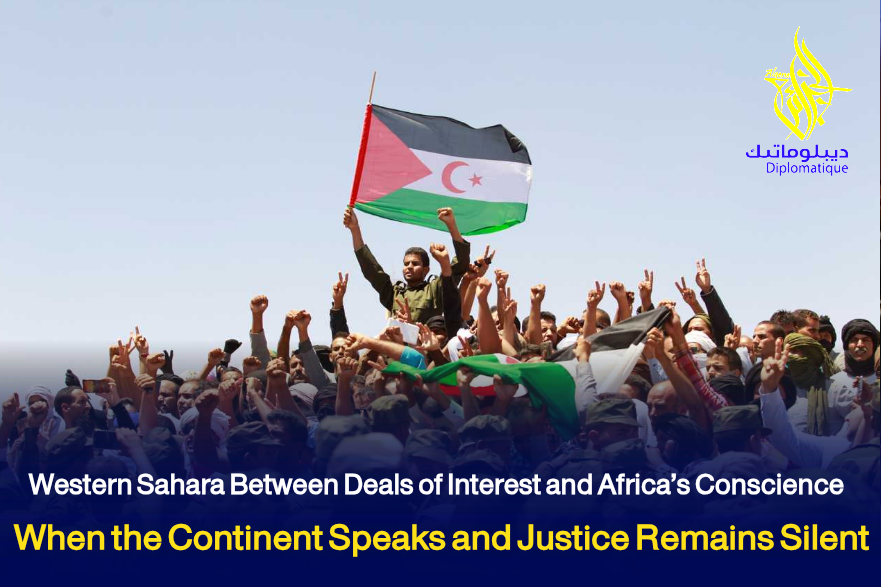
By: Djamel Benali
Despite its legal and moral clarity, the issue of Western Sahara remains one of the most overlooked in the international conscience — as if certain peoples are simply less entitled to their right to self-determination. It is a case of decolonization left unfinished, gradually turning into a game of political deals, vested interests, and stark examples of double standards.
In the face of this ethical failure, the voices of free nations are stepping up to restore the moral balance lost in the corridors of power. African nations like Algeria, South Africa, Kenya, Botswana, and Zimbabwe have courageously stood by the Sahrawi cause, recognizing it as a continuation of their own historical struggle against colonialism and domination.
The African Union, despite repeated attempts to undermine its credibility, has upheld the Sahrawi Arab Democratic Republic as a full member and firmly rejected efforts to bypass its decisions. From summits to universities and trade unions, the collective African voice continues to rise — boldly opposing the last colonial occupation on the continent, no matter how polished its external facade may be.
Why does the West recognize Kosovo, celebrate South Sudan’s independence, and praise East Timor’s liberation, yet remain silent when it comes to the Sahrawi people’s right to a long-promised referendum? The answer lies in the entanglement of interests, where “strategic alliances” take precedence over the very principles that Western powers claim to uphold.
France has played a central role in shielding Morocco’s position within the UN Security Council, consistently using its influence to block any firm resolution compelling Rabat to organize the referendum it once accepted.
Meanwhile, the United States has maintained an ambiguous stance — oscillating between rhetorical support for UN resolutions and an inexplicable silence regarding the stagnation of the peace process.
The Western Sahara question is not merely about one people’s right to self-determination — it is a crucial test of the credibility of international law and Africa’s place in shaping global justice.
While the world continues to drown in calculations of interest, the African continent stands tall, reminding all that independence is not a gift, but a right — and that freedom does not expire; it is reclaimed through resilience, legitimacy, and truth.



